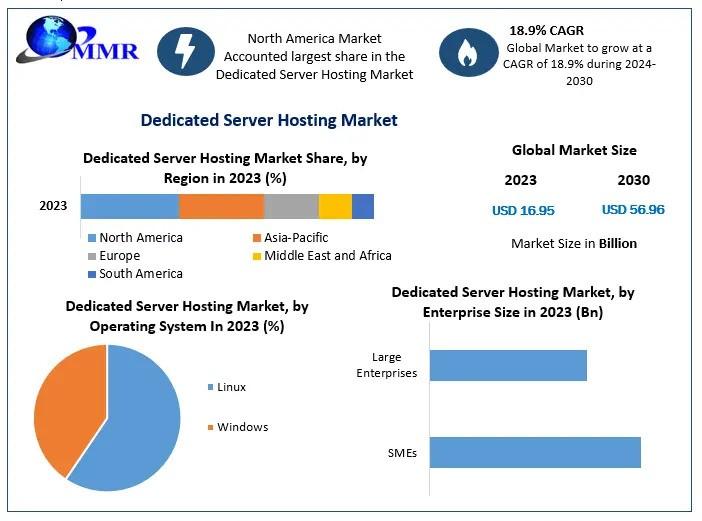In the digital age, the way businesses handle financial transactions has evolved significantly. One crucial aspect of financial management for many businesses is check printing through check writing software. 50 percent of companies still use paper checks as a primary form of payment.
As companies seek efficiency and security in their operations, the question arises: Do I need a private server when setting up check printing software? This article delves into the considerations, benefits, and potential drawbacks of using a private server for check printing software.
Understanding Check Printing Software
What is Check Printing Software?
Check printing software is a technological solution that enables businesses to print checks easily and securely. It streamlines the process of creating, managing, and printing checks, reducing the likelihood of errors and enhancing overall financial control.
Modern check printing software often integrates with accounting systems, making it an integral part of financial management for businesses of all sizes.
Key Features of Check Printing Software
- Template Customization: Check printing software allows users to customize check templates to align with their brand and meet specific business requirements.
- Security Features: Advanced security features, such as encryption and password protection, ensure the confidentiality and integrity of financial transactions.
- Integration Capabilities: Seamless integration with accounting software and other financial tools streamlines the entire financial management process.
- Multi-Bank Support: Many check printing solutions support transactions across multiple banks, offering flexibility to businesses with diverse financial needs.
The Role of a Private Server
What is a Private Server?
A private server, in the context of check printing software, refers to a dedicated server that is exclusively used by a single organization. Unlike public servers, which host multiple users and entities, a private server provides a higher level of control, security, and customization options.
Advantages of Using a Private Server
- Enhanced Security: With a private server, businesses have greater control over their data and can implement robust security measures tailored to their specific needs.
- Customization Options: Private servers offer more customization options, allowing businesses to configure the server environment to meet their unique requirements.
- Improved Performance: Since a private server is dedicated to a single organization, it can provide faster and more reliable performance compared to shared servers.
- Compliance and Regulations: In industries with stringent compliance requirements, a private server facilitates adherence to regulations by offering a controlled environment for data management.
Considerations Before Opting for a Private Server
- Cost Implications: Setting up and maintaining a private server can be more expensive than using a shared server. Businesses need to weigh the benefits against the associated costs.
- Technical Expertise: Managing a private server requires technical expertise. Businesses lacking in-house IT resources may need to invest in external support or consider alternative hosting solutions.
- Scalability: Assess the scalability needs of your business. A private server may offer more scalability options, but businesses should ensure it aligns with their growth plans.
When Is a Private Server Necessary?
High Security Requirements
If your business deals with highly sensitive financial information, such as payroll details or confidential client transactions, a private server becomes a crucial investment. The enhanced security measures provided by a hosted private cloud or server help mitigate the risks associated with data breaches and unauthorized access.
Regulatory Compliance
Certain industries, such as finance and healthcare, are bound by strict regulations regarding data handling and storage. In such cases, opting for a private server can ensure compliance with industry-specific regulations, avoiding potential legal ramifications.
Large-scale Operations
For businesses with extensive financial operations, the scalability and performance offered by a private server become significant advantages. Large-scale transactions and high volumes of check printing may strain shared servers, leading to performance issues that can be mitigated with a private server.
Alternatives to Private Servers
Cloud-based Solutions
Cloud-based check printing solutions provide an alternative to traditional private servers. These solutions leverage the infrastructure of cloud service providers, offering scalability, flexibility, and often, robust security measures. While not strictly “private,” these cloud solutions can meet the needs of many businesses without the cost and complexity of managing a dedicated server.
Hybrid Solutions
Hybrid solutions combine aspects of both private servers and cloud-based systems. Businesses can enjoy the customization and control of a private server for critical operations while leveraging the scalability and flexibility of the cloud for less sensitive processes. This approach provides a balance between security and cost-effectiveness.
Final Thoughts
In conclusion, the decision to use a private server when setting up check printing software depends on various factors, including the nature of your business, security requirements, and budget considerations. While private servers offer unparalleled control and security, businesses can explore alternatives like cloud-based or hybrid solutions to achieve a balance between customization, performance, and cost-effectiveness.
Ultimately, the right choice hinges on a thorough assessment of the unique needs and priorities of your organization.
https://thehackpost.com/do-i-need-a-private-server-when-setting-up-check-printing-software.html






